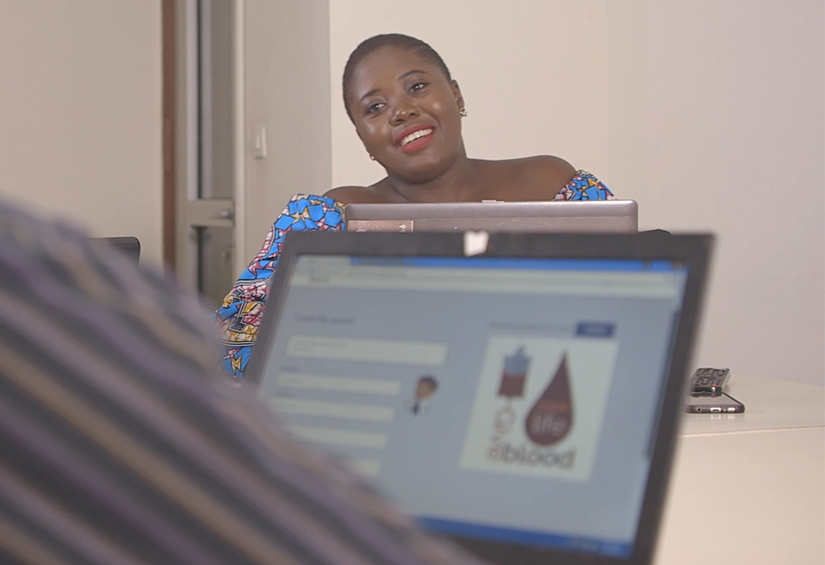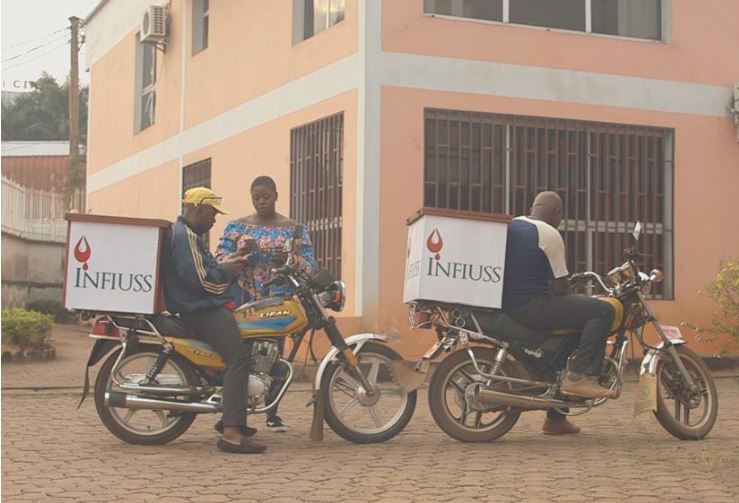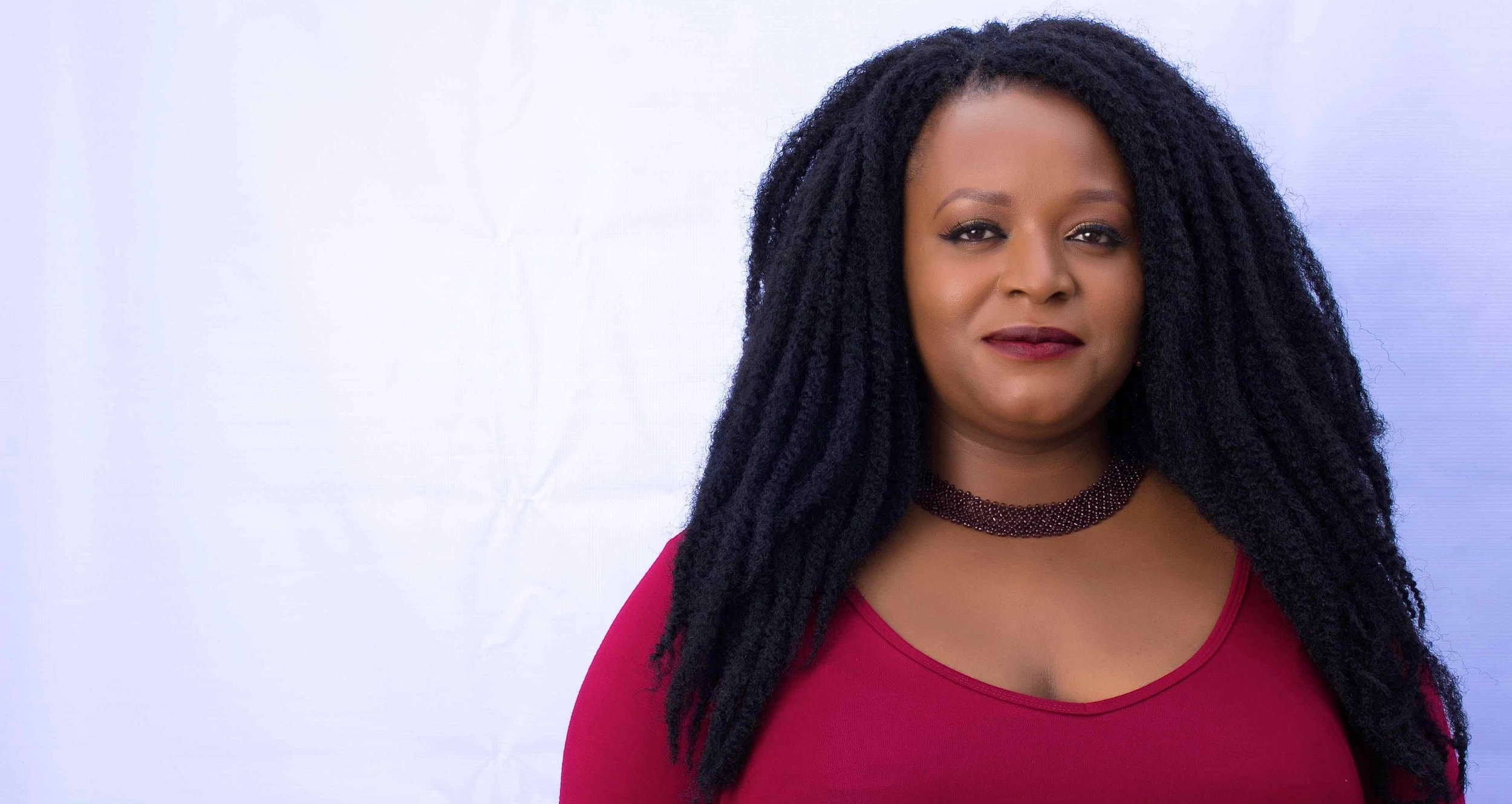Innovative digital solutions have been on the rise in Africa. And while a significant number of these have been in the fintech space, the number of healthtech solutions are also too groundbreaking to be ignored.
One of the areas where healthtech startups have really made a difference is in the delivery of lifesaving supplies such as blood.
In sub-Saharan Africa, about 500,000 deaths occur annually for lack of blood. In Nigeria alone over 26,000 women yearly due to post-delivery bleeding. While, in Cameroon, 89% of blood needs in hospitals are not met with 40% of pregnant women lacking ready access to blood.
Although the blood supplies are not enough, most of the deaths do not occur because of this. Rather it is the delay and struggle to get access to blood or a blood match that continues to pose a challenge.


But two startups – Lifebank and Infiuss – have taken it upon themselves to fill the gap and make blood readily available in hospitals.
Lifebank and Infiuss – filling the gap
Founded in 2017 by Melissa Bime in Cameroon, Infiuss helps connect health facilities to a database of blood banks in other health institutions. So upon request, hospitals and clinics are provided with blood in the right conditions to save lives and prevent mortality.


Many hospitals rely solely on their own blood reserves or donations from relatives of patients, and volunteers. Sourcing blood this way can take hours, even days in some cases.
But this has become preventable.
Infiuss operates as a middle ground “blood bank”. It collects and categorises blood supplies, and then it compiles a database of all the blood types available at its various partner hospitals.


To tackle the frequent suspension of internet services in Cameroon, Infiuss allows for hospitals to call or send a text requesting for blood. Infuiss then checks the backend of its platform for where the required blood is available and organises the collection by motorcycles from that point to the hospitals in need.


This is very much similar to its Nigerian counterpart, Lifebank. Founded two years earlier in 2015 by Temie Giwa-Tubosun, the Lagos-based startup helps to deliver blood and oxygen to hospitals in less than 1 hour.
Using its mobile and web platforms, Lifebank curates the requests from hospitals and checks in with partner blood banks. It delivers its products using its logistics team of motorcycle riders in less than an hour.


Lifebank has also gone beyond the delivery of blood. It also runs an oxygen delivery service called Airbank.
Interestingly, in addition to partnering with blood banks and hospitals, both startups also encourage donors. In fact, Infiuss has a database of over 800 donors they could leverage on, while Lifebank has 5420 donors come in for its service.
The reason for the low figure for Infiuss is due to various misconceptions about the dangers of donating blood in Cameroon as many believe its a way of tapping from their spirits. However, Infuiss is currently working on this using both conventional means (outreach in schools, churches) and a bilingual Android app.
Both startups have caught on fast in no time which goes to show that their solutions are very much needed. Infiuss has so far delivered 2300 bags of blood, sourced from 3 partner bloodbanks, to 23 hospitals.
Currently, the startup is in no rush to expand internationally as it looks to consolidate its presence in Cameroon, partnering over 900 hospitals in the country. The startup also plans to open what would be the country’s first privately owned blood bank using its recently raised funding.
Lifebank on its part, has delivered 15,412 bags of blood to 822 hospitals. Having added its oxygen delivery service, the startup plans to expand its offerings to also include medical products like vaccines and rare drugs.
This will put it in the league of Rwandan startup Zipline that makes life saving deliveries – blood, oxygen and vaccines – using drones.
Having raised over $200,000 across 2 rounds, Lifebank startup has its eye on across Nigeria and Africa. Should it do so and expand to a country like Cameroon, it would be up against Infuiss. But Lifebank will most likely have an edge since it will be offering more than the local counterpart.
However, both startups are offering innovative solutions that is needed all across Africa and globally.






